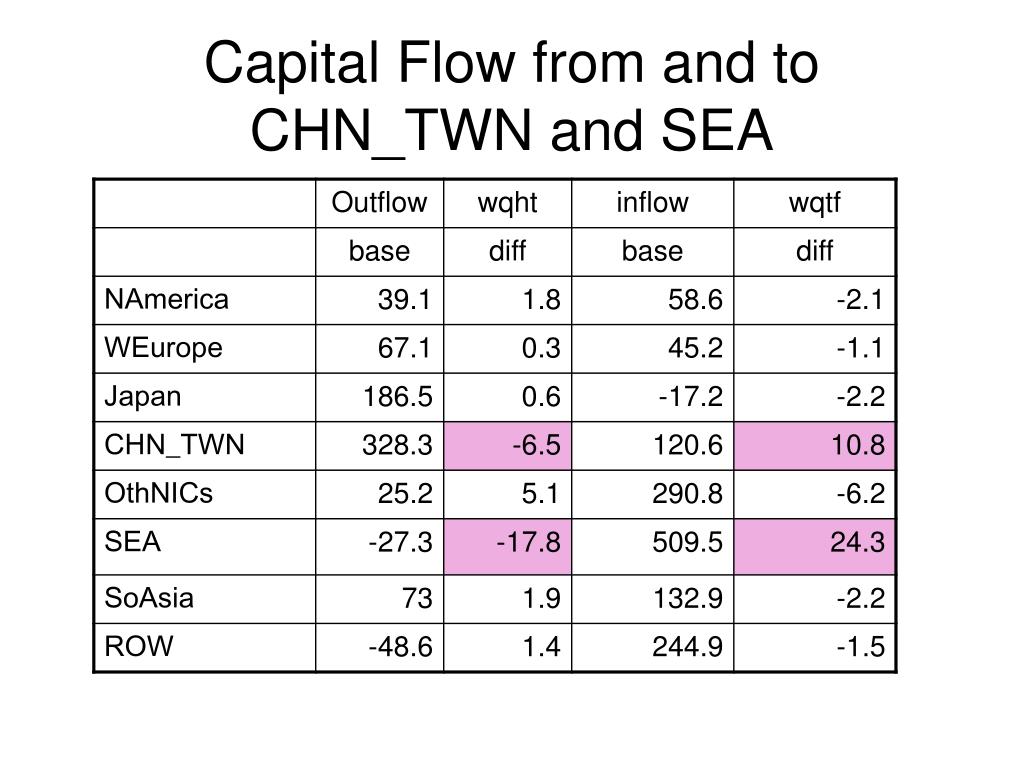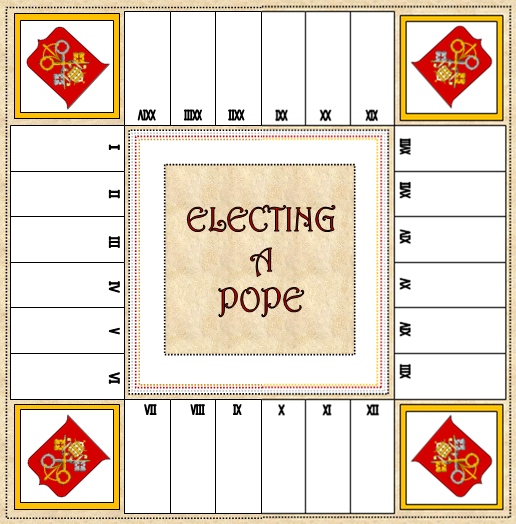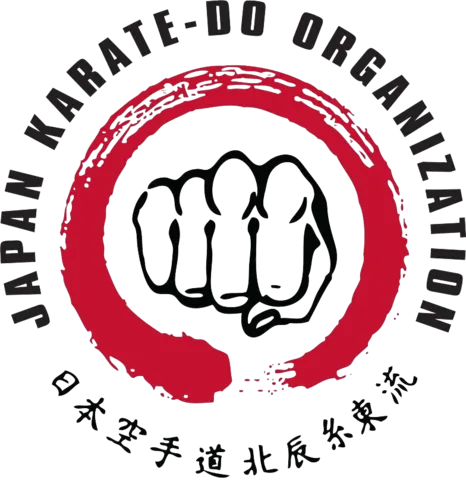The Privilege Dilemma: How It Impacts WTO Accession Speed

Table of Contents
Political Leverage and Expedited Accession
Countries with strong political alliances or significant influence within the WTO often enjoy expedited accession processes. This privileged access stems from the ability to leverage political capital to accelerate negotiations and overcome obstacles.
-
Examples of countries that benefited from strong political backing: The rapid accession of several Eastern European countries after the Cold War, facilitated by their alignment with Western powers, stands as a prime example. Similarly, certain nations with close ties to key WTO members have experienced smoother negotiations.
-
The role of lobbying and diplomatic pressure in accelerating negotiations: Intense lobbying efforts by powerful nations on behalf of aspiring members can significantly influence the outcome of negotiations. Diplomatic pressure can also expedite the process by influencing the decisions of other member states.
-
The impact of bilateral agreements and preferential trade deals on accession timelines: Existing bilateral agreements and preferential trade deals often pave the way for smoother accession negotiations, offering a pre-existing framework for collaboration and reducing the complexity of the process. This further exemplifies the privileged access afforded to certain nations.
Historical Ties and Institutional Support
Pre-existing relationships and institutional support from developed nations can provide a significant advantage in the WTO accession process. This privileged partnership often manifests in several ways.
-
The role of technical assistance and capacity building programs: Developed nations often provide substantial technical assistance and capacity-building programs to aspiring members, helping them navigate the complexities of WTO rules and regulations. This support significantly reduces the time and resources needed to prepare for accession.
-
How historical trade relationships influence the negotiation process: Countries with established trade relationships often find negotiations easier due to a pre-existing understanding of each other's economic structures and trading practices. This familiarity streamlines the process and reduces potential conflicts.
-
Examples of countries that received significant support from developed nations: Many developing nations have benefited from technical assistance and capacity-building programs provided by developed countries and international organizations, significantly impacting their accession timelines. This underscores the influence of established relationships in navigating the privilege dilemma.
The Role of Resources and Capacity in Navigating the WTO
Resource limitations significantly hinder less developed countries' ability to navigate the complex WTO accession process. The privilege gap becomes evident when considering the financial and human resources required.
-
The high costs associated with legal expertise, trade policy consultants, and participation in WTO meetings: The costs of hiring legal experts, trade policy consultants, and covering travel and accommodation expenses for participation in WTO meetings are substantial, placing an undue burden on countries with limited resources. This contributes to unequal access to resources.
-
The challenges faced by countries lacking the capacity to effectively negotiate and implement WTO agreements: Lack of skilled personnel in trade negotiation and policy implementation further hampers the ability of some countries to effectively participate in the accession process. This capacity limitation extends the accession timeline and exacerbates the privilege dilemma.
-
How unequal access to resources contributes to the prolonged accession periods for some countries: The inability to afford the necessary resources delays the process, creating a significant disparity between nations with ample resources and those lacking them.
Addressing the Privilege Dilemma: Promoting Fairness and Equity
To create a more equitable and efficient WTO accession process, several measures are crucial:
-
Increased technical assistance and capacity building programs for developing countries: Expanded and targeted support programs can help bridge the resource gap and empower developing nations to effectively navigate the accession process.
-
Streamlined accession procedures and reduced bureaucratic hurdles: Simplifying the accession procedures and reducing bureaucratic obstacles can significantly shorten the timeline for all aspiring members, irrespective of their resources or political influence.
-
Greater transparency and accountability in the negotiation process: Increasing transparency and accountability can ensure fairness and prevent undue influence from impacting the outcome of negotiations, addressing the core of the privilege dilemma.
-
Promoting multilateral cooperation and collaboration to support fair accession: Enhanced collaboration amongst WTO members can lead to more effective and equitable support for developing countries, fostering a truly fairer WTO accession process.
Conclusion: Overcoming the Privilege Dilemma in WTO Accession
The privilege dilemma significantly impacts WTO accession speeds, creating an uneven playing field for aspiring members. Political leverage, historical ties, and resource disparities all contribute to this inequity. However, through increased technical assistance, streamlined procedures, and greater transparency, we can strive towards a more equitable system. Understanding the complexities of the privilege dilemma is crucial for fostering a truly equitable global trading system. By advocating for fairer access and supporting initiatives aimed at bridging the gap, we can work towards a more just and efficient WTO accession process for all.

Featured Posts
-
 Understanding The Conclave Electing The Head Of The Catholic Church
May 07, 2025
Understanding The Conclave Electing The Head Of The Catholic Church
May 07, 2025 -
 The Karate Kid Exploring Themes Of Mentorship And Self Discovery
May 07, 2025
The Karate Kid Exploring Themes Of Mentorship And Self Discovery
May 07, 2025 -
 Report Steelers Considering Trading Wide Receiver George Pickens
May 07, 2025
Report Steelers Considering Trading Wide Receiver George Pickens
May 07, 2025 -
 Cobra Kai Examining The Shows Connections To The Karate Kid Franchise
May 07, 2025
Cobra Kai Examining The Shows Connections To The Karate Kid Franchise
May 07, 2025 -
 Cleveland Cavaliers Identifying The Primary Playoff Challenges After Boston
May 07, 2025
Cleveland Cavaliers Identifying The Primary Playoff Challenges After Boston
May 07, 2025
